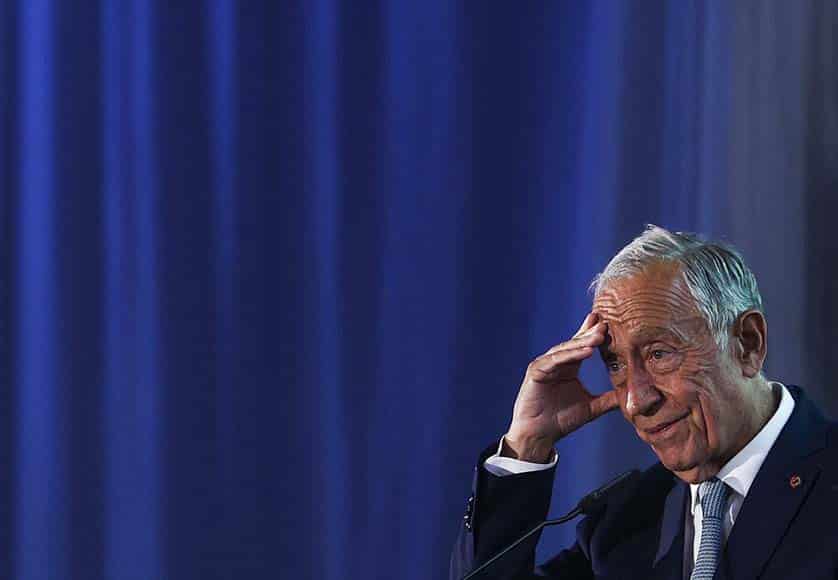COMMENT
Secretary of State DID request appointment for Brazilian twins
The favoritism swirling around Portugal’s president is refusing to go away, in spite of his impromptu press conference on Monday evening.
The reasons lies almost certainly in his assertions that the request for help (with the most expensive drug in the world) for gravely ill Brazilian twins was dealt with completely normally.
The request came from the president’s son, whom, says the country’s head of State, he considers to be just like “any other citizen”.
This does not gel with the rest of the president’s narrative about the contacts made by his son, Nuno Rebelo de Sousa, within the president’s Casa Civil household. And thus the continued focus on who really said what; who did what, and ultimately why.
Former PSD prime minister Pedro Santana Lopes has said the obvious: “Marcelo is a good person”. This incident was “a mistake”, but today, in politics in general – and in Portugal particularly – “any mistake is a crime”.
Santanta Lopes added that there are “knives in the air” between the presidency in Belém and S. Bento (the official residence still of António Costa), particularly following the president’s decision to dissolve parliament instead of accepting Mr Costa’s plan, which involved waving on the absolute majority government, but with a new prime minister at the helm (potentially, the governor of the Bank of Portugal).
Thus today’s headlines persist in refusing to accept the many inconsistencies in this story: former Secretary of State for Health, António Lacerda Sales, “denies” having made an appointment at Santa Maria Hospital for the twins (telling reporters that no Secretary of State “has the power to make appointments, influence or violate the conscience or autonomy of any doctors”) – but paperwork has subsequently come to light, says SIC Notícias, to show that this is precisely what happened.
Two doctors’ reports on the twins’ condition were sent by Belém to the Secretary of State for the Communities (again, presumably to help the infants’ chances of treatment). But by this time, the children had Portuguese nationality.
This may be the next avenue for scrutiny: how did the twins manage to obtain Portuguese nationality so quickly? Who will pop up next to say they were not involved?
With political parties all agreeing this situation needs to be fully clarified as quickly as possible, commentators are already discussing “whether or not President Marcelo has the conditions to remain in his job”, representing Portugal and its people.
To outsiders the whole issue may look like a ‘storm in a teacup’ (which to a large extent it is). But it highlights the state of a nation in which all those in power have been clinging on to it come what may, instead of ‘telling things like they are’ from the outset, and facing the music.
As to the chances of Marcelo ‘resigning’ over this furore, pundits are agreed: it is very unlikely. ND


























